Parents may have to pay a tax on their kid’s private school fees according to Labour Government’s new laws. Here’s what to expect.
Tax on Top of High Private School Fees

If your child attends one of the UK’s many prestigious private schools, you already know that school fees are steep. Fees are significantly higher when compared to public schools. Still, it’s just about to get more expensive with the tax increase.
A 20% Tax Increase
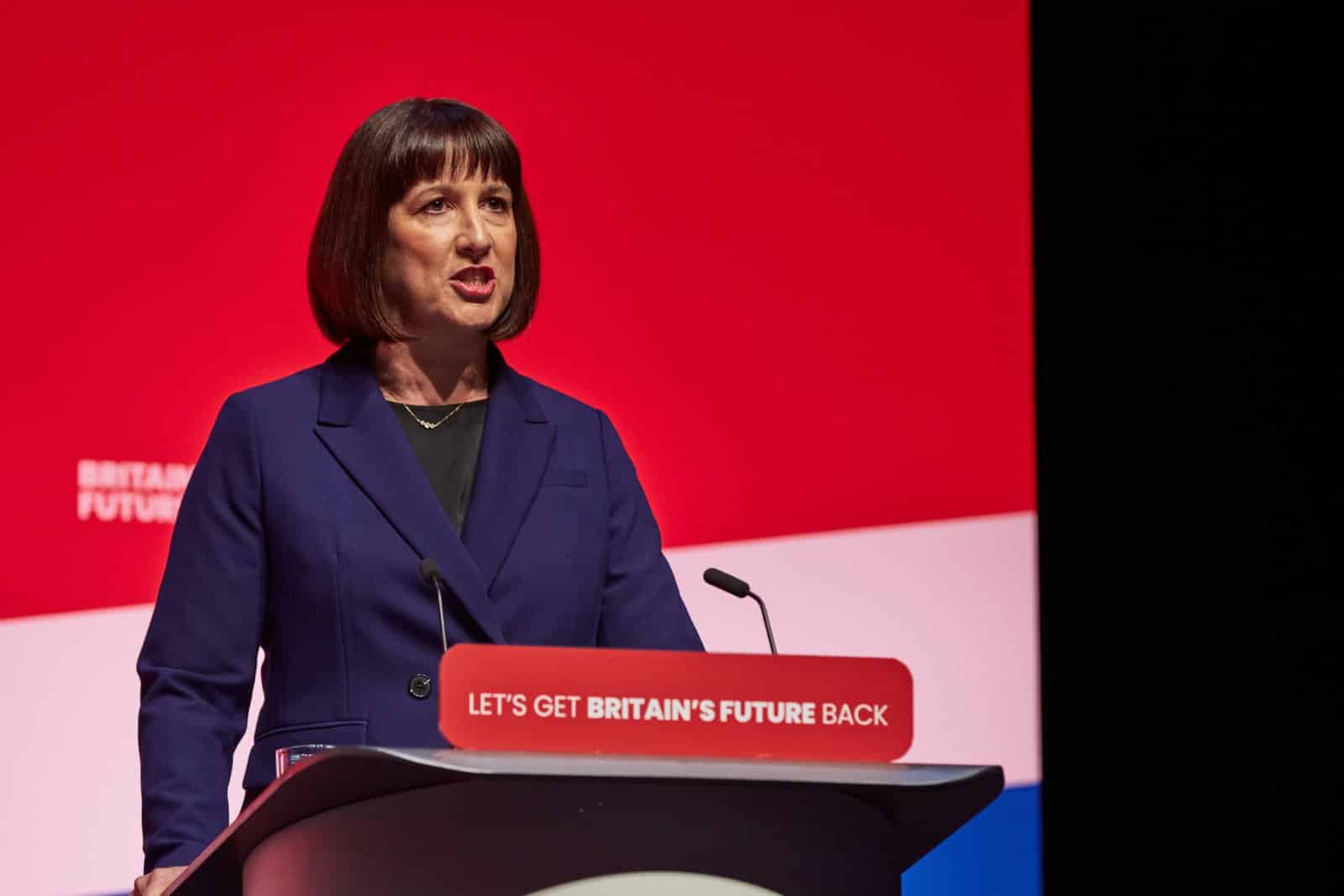
In June 2024, Chancellor Rachel Reeves announced that all private education institutions would be hit with a hefty tax of 20%. She said the VAT would be due for boarding facilities, vocational studies, and any other “connected persons.”
Starting Next Year

Prior to the imposed tax set for next year as of 1 January 2025, as per Chancellor Reeves, all private education were exempt from paying VAT. Public schools never paid tax, but the new implementation would ensure tax is applied accordingly.
Why Is There a VAT Increase?

While education is not regarded as a business and thus formally not subject to tax, that’s all about to change. It’s reported that the VAT will fund over 6,000 teachers in England.
Private Learning Institute’s Fees

Depending on the private school, parents can pay anything between £7,000 and £60,000 a year. Prestigious schools like Brighton College charge £60,000, including boarding fees. Or Hurtwood House and Concord Collage, charging over £50,000 a year.
Less Expensive Private Schools in the UK

Less expensive private schools are dotted throughout the UK, like St John’s on The Hill in Wales, £9,000, and Cargilfield in Scotland, £12,000. Still, it doesn’t matter which private school your children attend; all will be subject to the new tax laws.
It Cannot Be Dodged
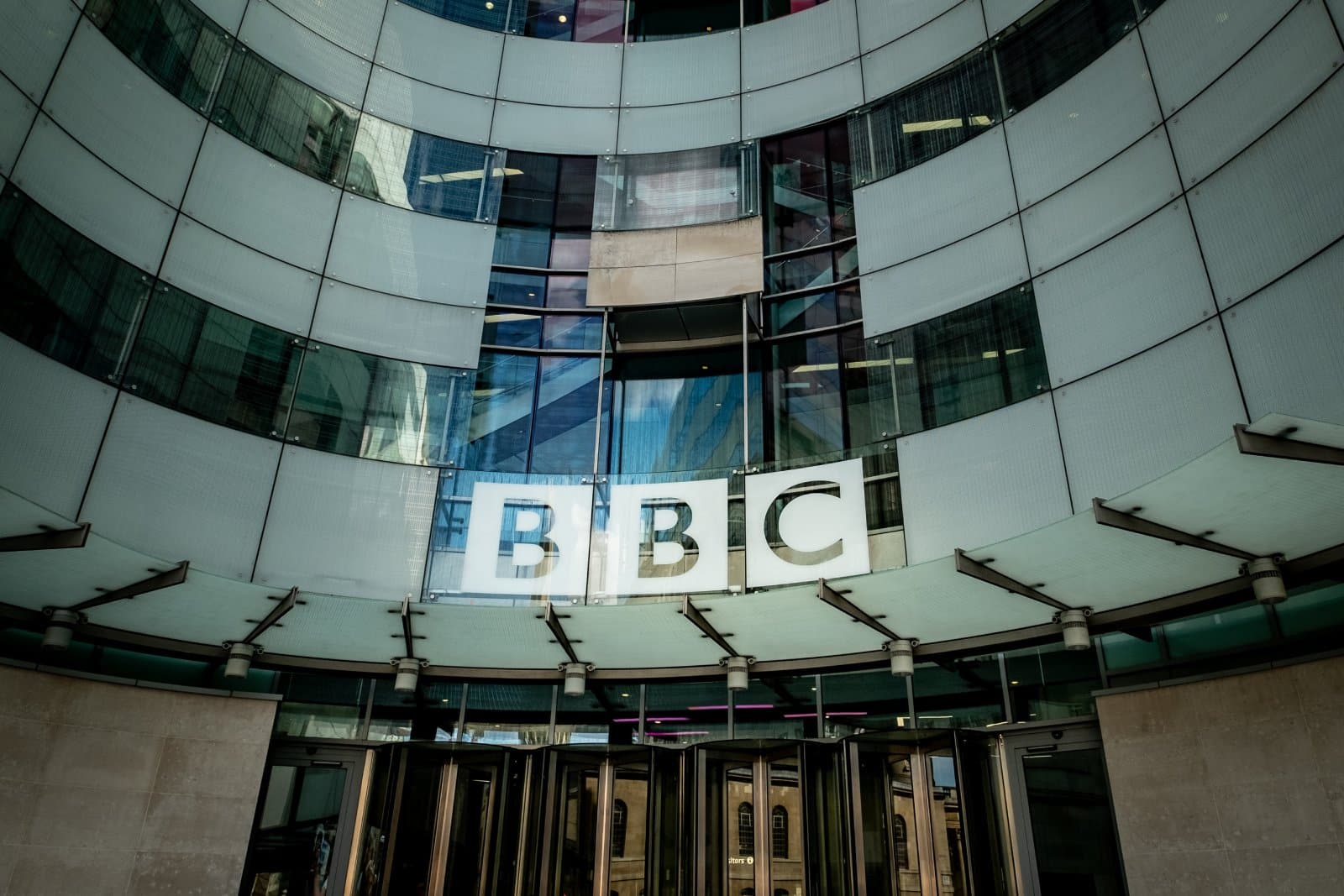
According to BBC News, parents will still be charged the full tax amount even if they paid upfront in full. Reports also noted that fees paid in July 2024 for January next year would be eligible for the 20% tax hike.
Prepaid School Fees
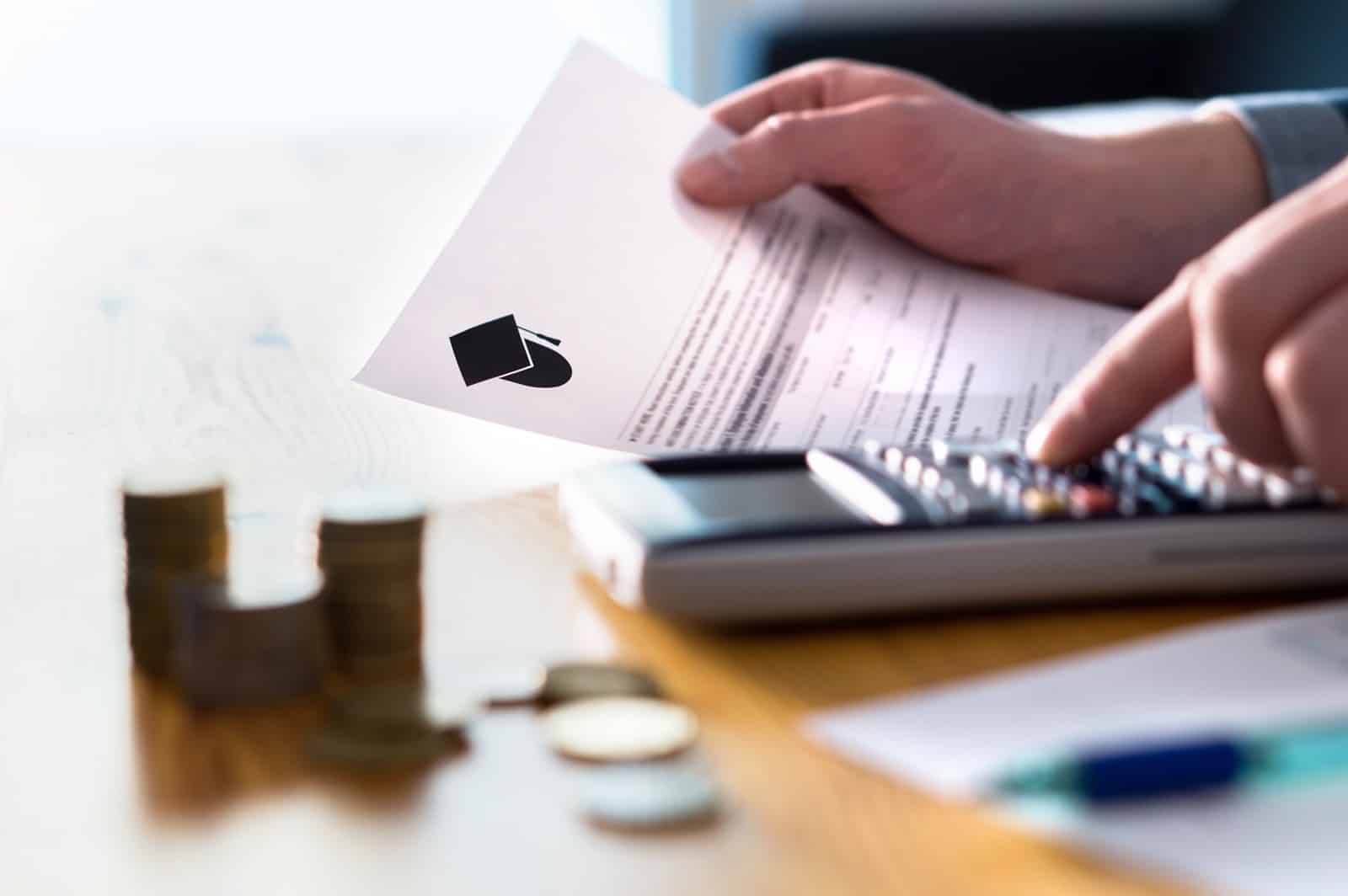
Parents using the prepaid school fees option must still pay the tax increase. Prepaid allows parents to pay upfront for a couple of years in advance. However, the tax will still be included in the payment total fee.
Unique Exemptions Will Apply

The only private schools exempt from paying are special needs private schools or Special Educational Needs (SEN). According to the UK parliament, another exemption is a tax on nursery fees, even if they are “attached” to a private school building.
Overhauling UK Tax

Labour Government has completely overhauled the taxes, and some individuals who previously benefited from tax exemptions won’t benefit anymore.
Simplifying and Closing the Gap
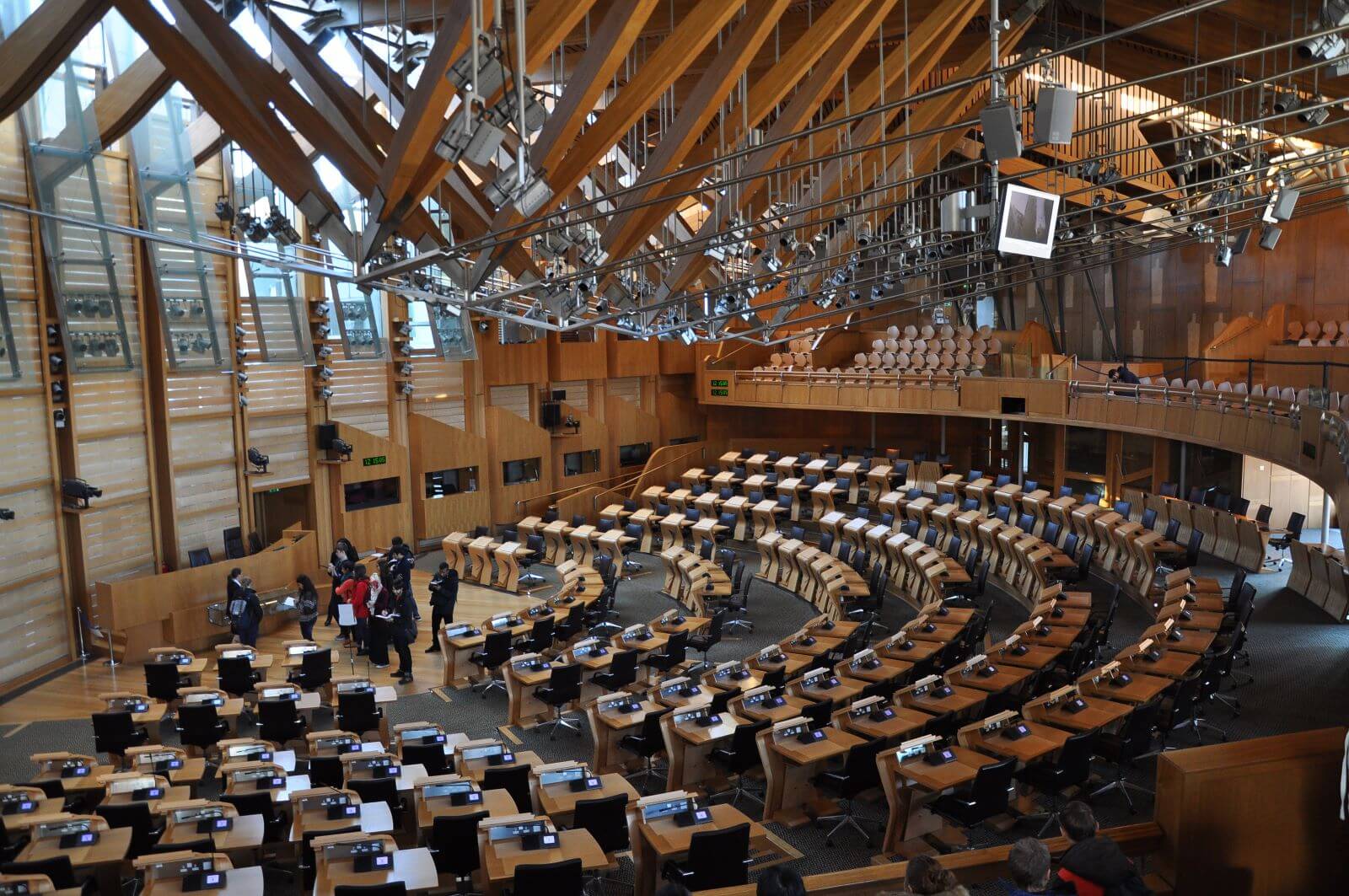
The UK government stated that it would “simplify tax,” “close loopholes,” and “reduce non-compliance.” Another goal for policy changes is to “close the tax gap.”
How Could This Increase Impact the Future?
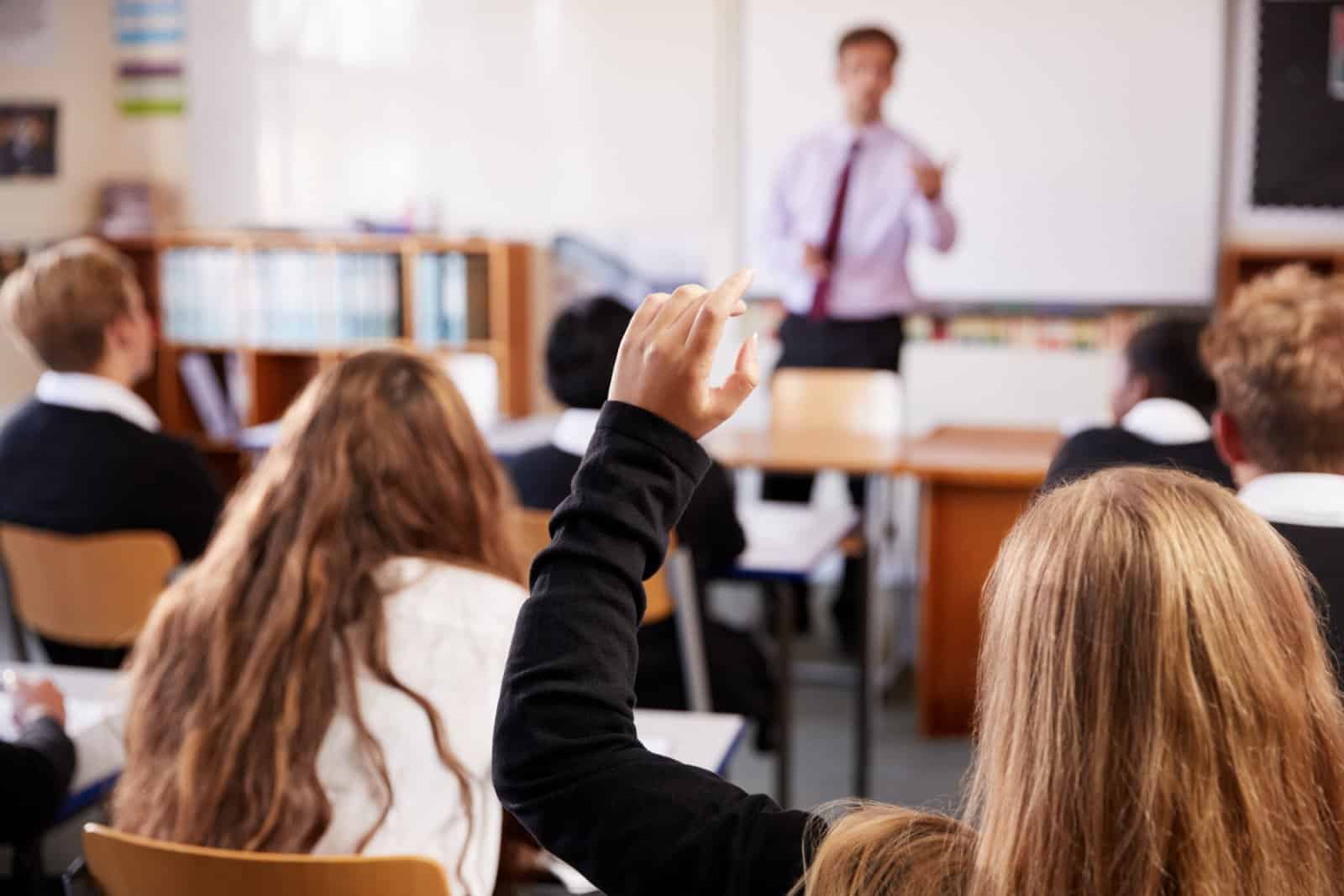
Some parents might be unable to keep their children in private schools or might look into relocating their children to a more affordable private school.
Student Numbers Could Fall

Reports said the number of students is estimated to fall by 2030 to nearly 700,000. For parents, considering putting their children in state schools instead of private ones would mean more students, increasing already full state schools.
Possibility of Too Many Pupils?
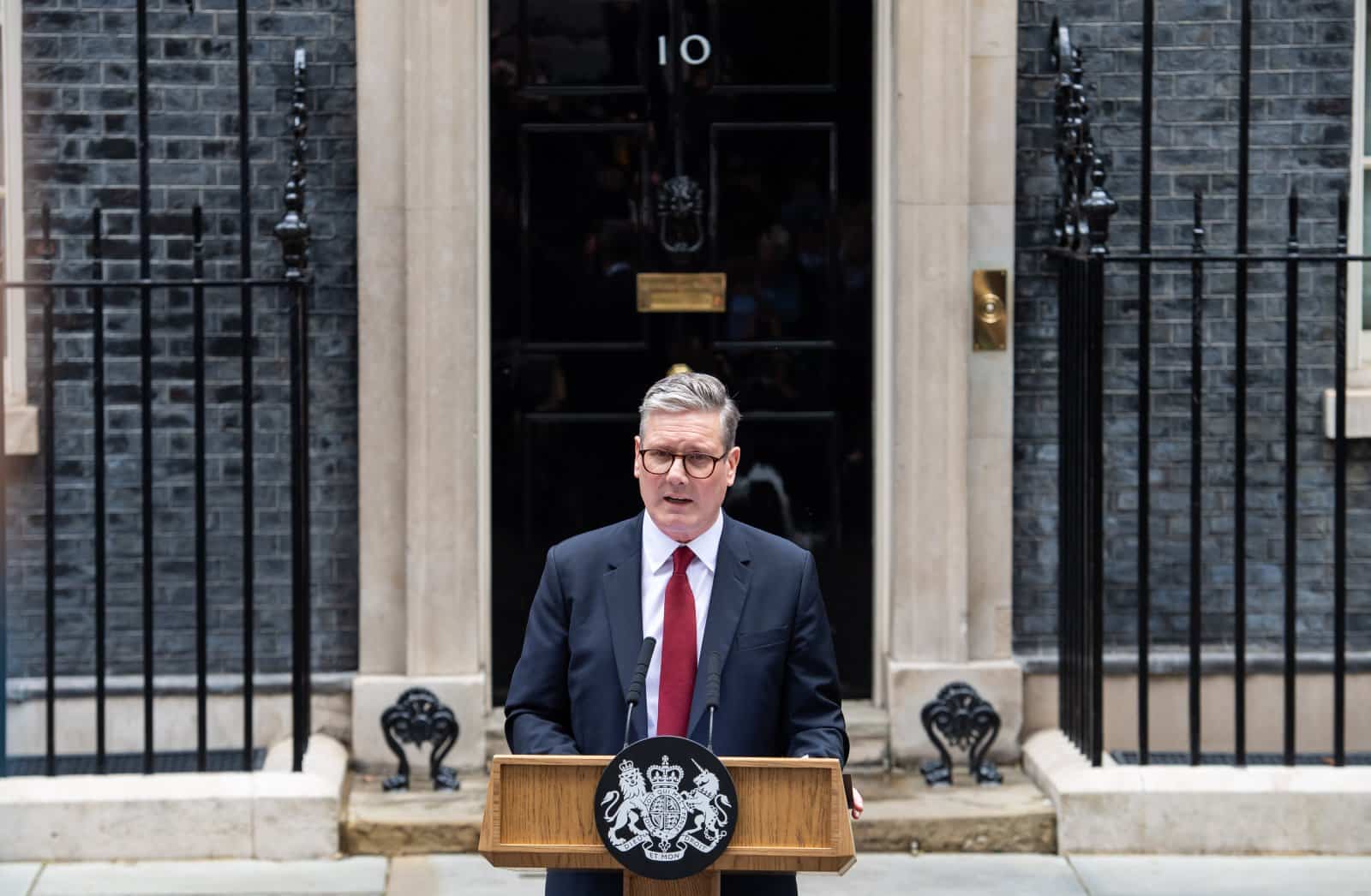
According to reports, Prime Minister Keir Starmer and Secretary of Education Bridgette Philipson seemed certain that state school numbers wouldn’t increase significantly. However, if it did, there would be even more pressure on state schools to accommodate the extra influx of learners.
The New Tax Brings Mixed Feelings
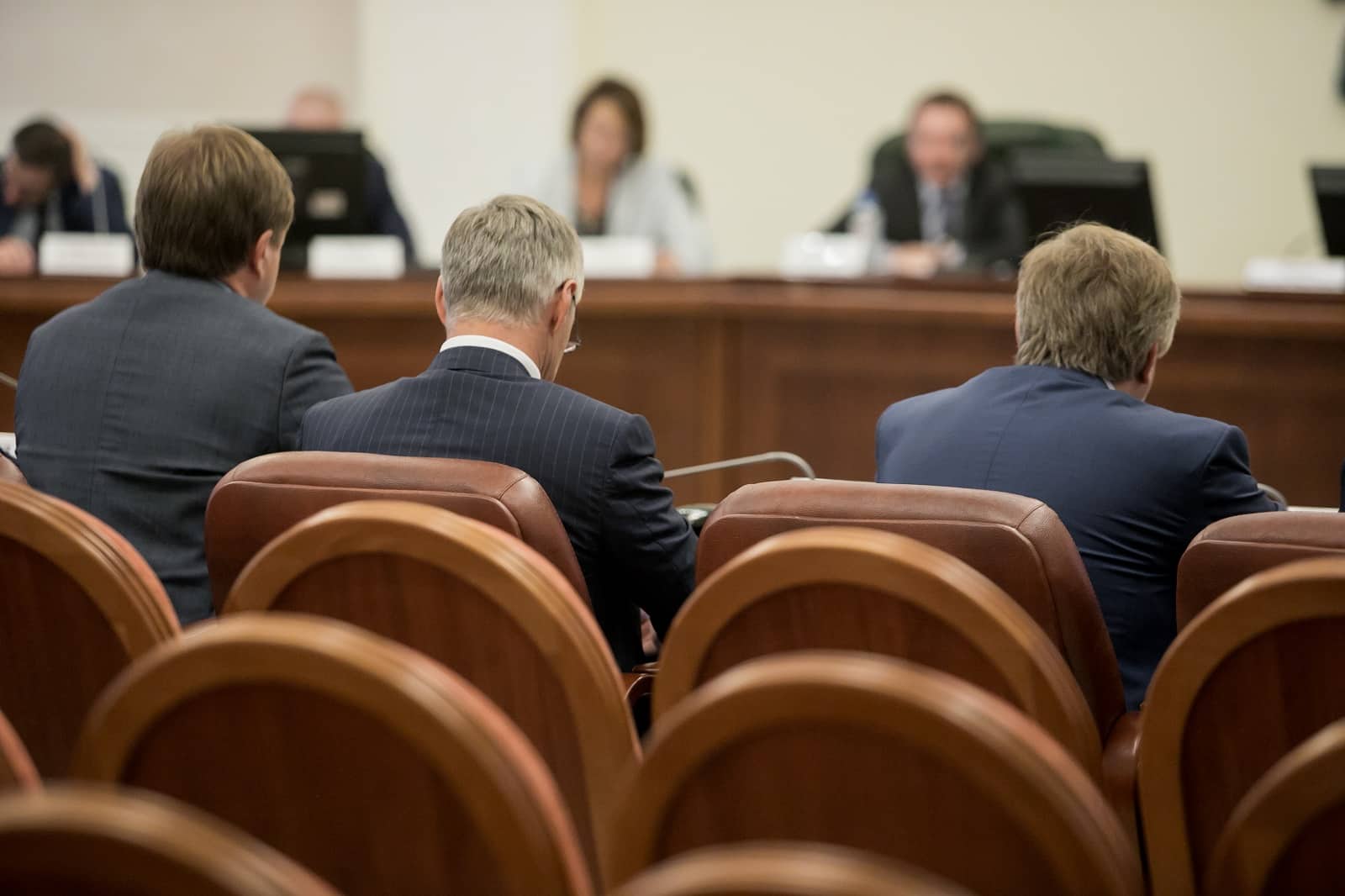
The added tax could benefit some, but for many who previously benefited or were exempt, it will prove challenging for this group.
Government Manifesto Moving Swiftly
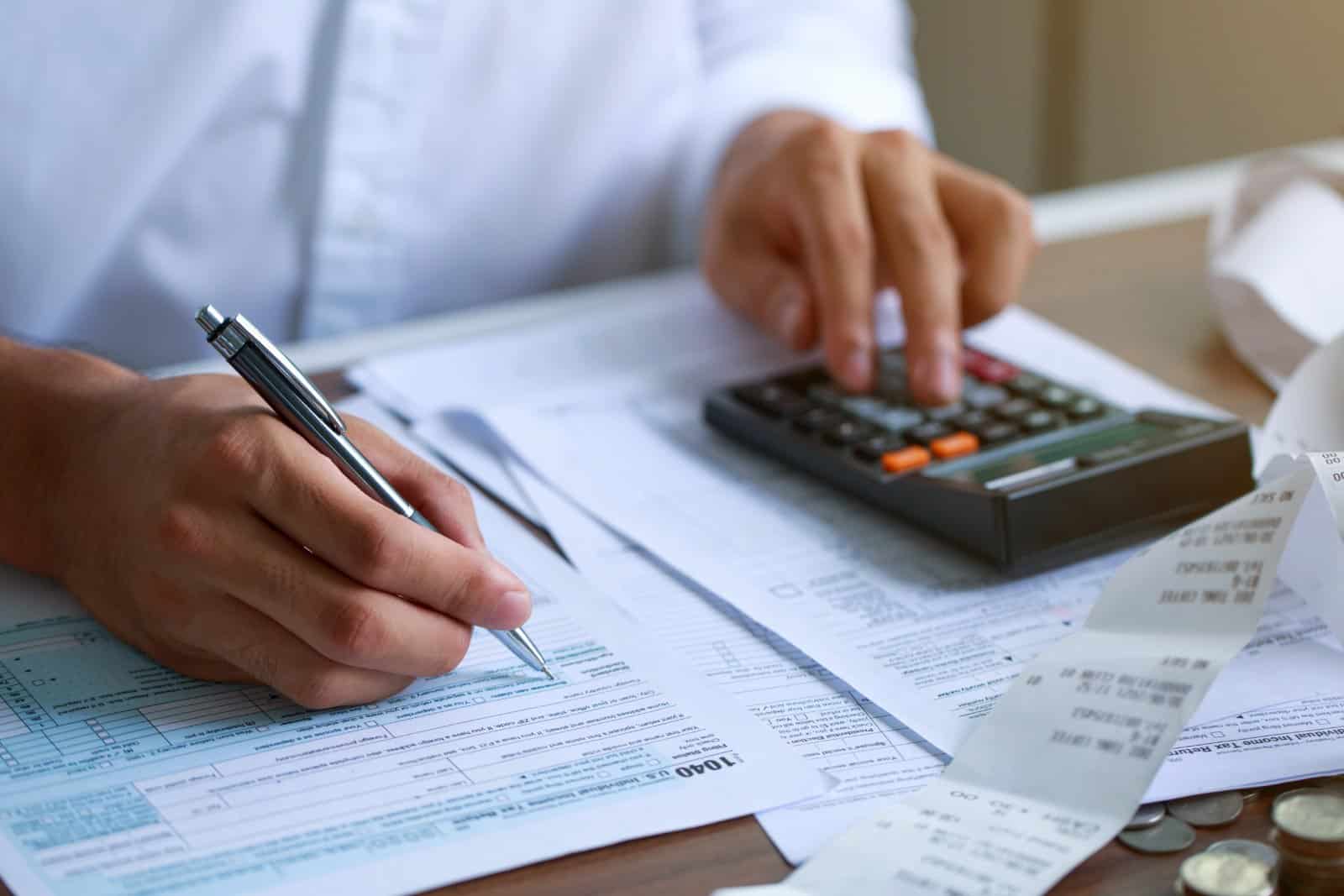
There are disadvantages to this new tax implementation, but there are also benefits. However, while everything is still in the working process, the government is pushing fast to fulfil its manifesto pledges.
More Fees on Top of Fees
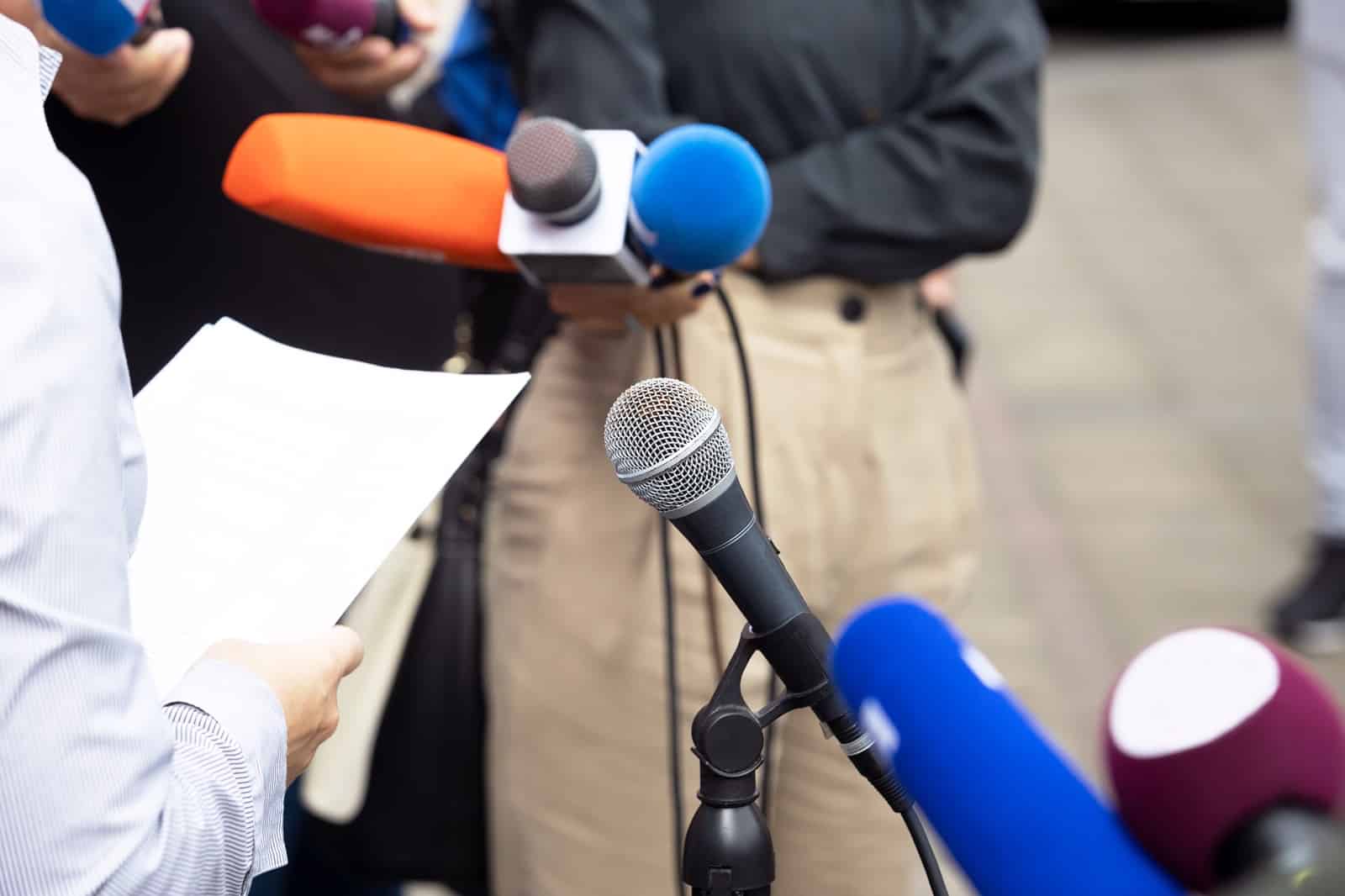
In an interview with ICEF Monitor, the Independent School’s Council, Julie Robinson said parents would struggle. Those who want to move their child to a different school would need to pay an additional “in-year admission.”
Difficult for the Child and Parent

Robinson also noted that this transition between schools during mid-year is “more difficult to arrange,” not only for the parent trying to get their child in at a school but also for the child. There are times when children miss out on a lot of work in the term because of a mid-year move.
A Survey Tells All
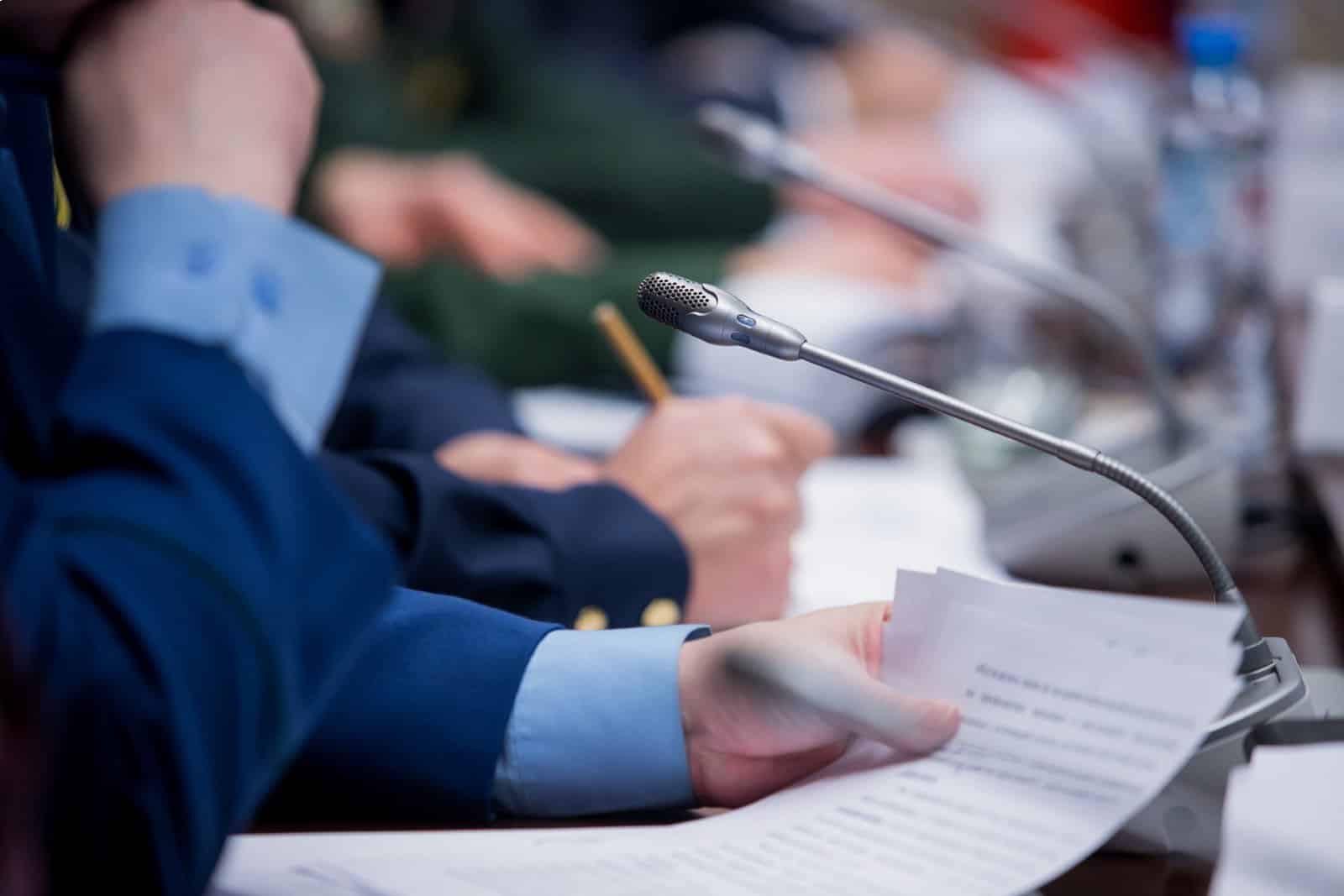
According to ICEF Monitor, a survey found that the VAT added to private learning institutions fees influences around 60% of parents’ decisions on school options.
Choosing a Different Country
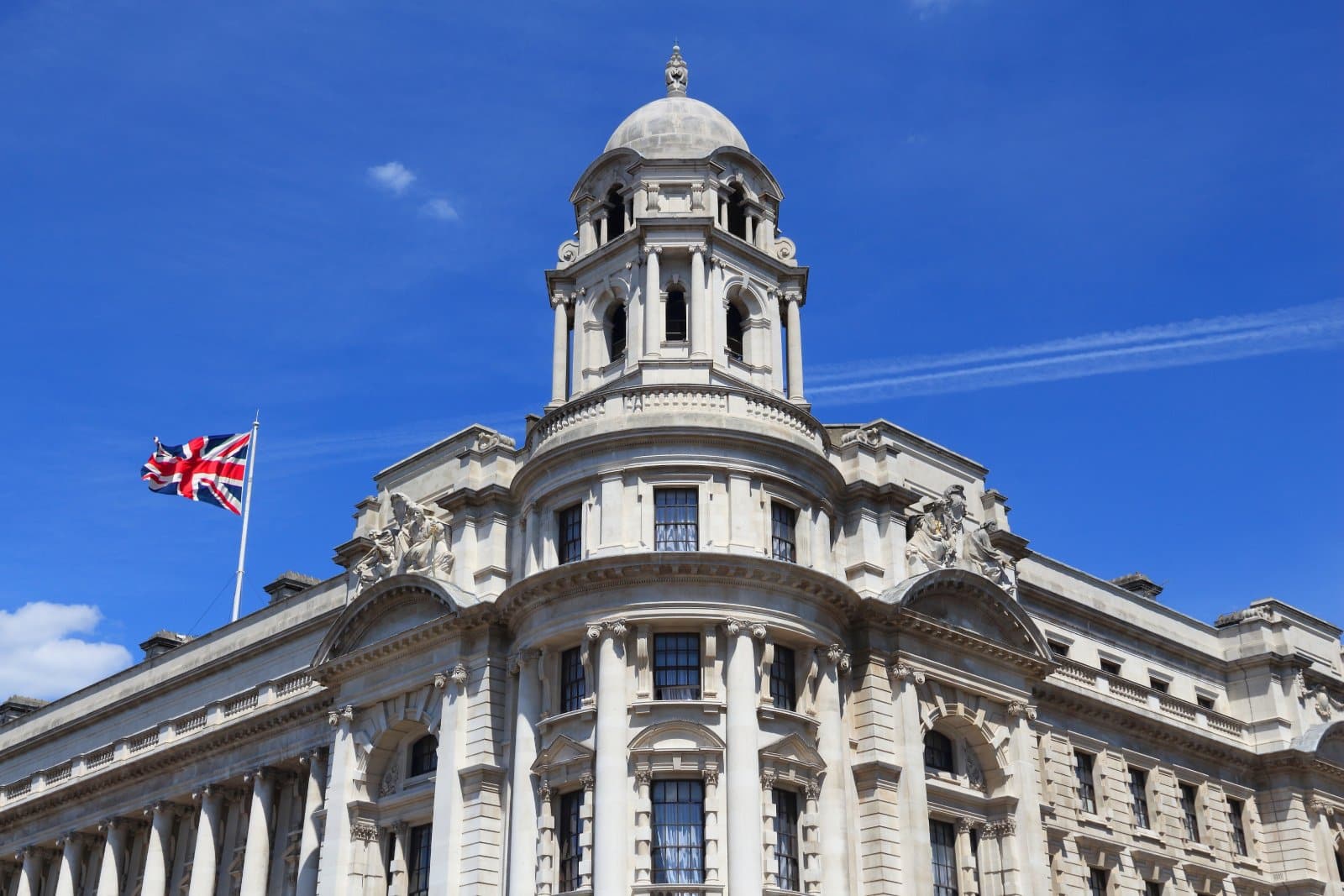
Furthermore, the survey also conveyed that 9% of those parents confirmed they would choose a different country for their child’s private education.
Featured Image Credit: Shutterstock / Inside Creative House.
The images used are for illustrative purposes only and may not represent the actual people or places mentioned in the article.

